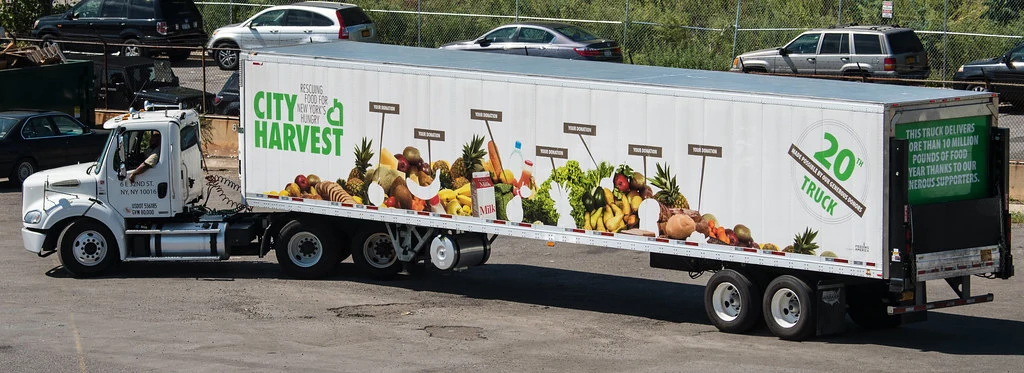2024 is anticipated to be a pivotal year for the American refrigerated food storage sector. This industry, which is essential to logistics and food security, is undergoing a number of big shifts that might completely alter its growth trajectory.
Current conditions are being shaped by multiple trends, ranging from the pursuit of stock normalization to the increasing need for sustainable and integrated solutions. Read about them in detail below.
Refrigerated Food Storage Trends in 2024
Normalization of Inventories and Return to Pre-Pandemic Levels
One of the most significant trends has unquestionably been the return of stockpiles to pre-pandemic levels, which has stabilized the supply chain and allowed businesses to attain a healthy stock balance.
Contrary to popular belief, this stability is not only dependent on the amount of products kept in storage. Ensuring predictability and reliability in operations is crucial. This is because businesses can more effectively plan, prevent the stress of having too much or too little inventory, and ultimately better satisfy market demands when they have a strong foundation of steady inventories.
Sustainability: A Comprehensive Approach
There is no denying that the refrigerated food storage business has made sustainability a top focus. Businesses are focusing on issues other than just energy efficiency; they are reducing food waste, using less water, and using eco-friendly technologies. This paradigm change shows a long-term vision for the prosperity of the sector as well as environmental responsibility.
Use of Artificial Intelligence (AI)
Not only that, though. The sector is undergoing a major transformation, and the incorporation of innovative technologies like Artificial Intelligence (AI) is modernizing warehousing operations, offering predictive insights, and improving operational efficiency and accuracy.
Automation
Furthermore, automation is spreading more widely, particularly in cities where advanced order-picking and warehousing technologies are necessary to maximize warehouse functionality and space.
Service Integration
In a similar spirit, as businesses look for all-encompassing solutions that satisfy their unique needs—such as transportation, logistics, and value-added services—service integration and the pursuit of reliable alliances are becoming more and more crucial.
Facilities Near the Food Industry
It’s also important to note that the North American food industry is experiencing significant disruption due to the hunt for facilities near the food industry, particularly in Mexico and some Central American nations. Demand for all-inclusive cold storage solutions is rising.
This is important as a fundamental element of export strategy as well as for growing local markets. This is because we are discussing the requirement for flawless coordination between logistics, transportation, and storage services. In order to satisfy the expanding demands of both home and foreign markets, it is important to establish an efficient movement of goods across borders.
Search for Reliable Partners
Seeking dependable alliances is another trend that is becoming more popular. It’s becoming more and more common for businesses to outsource their warehousing needs to take advantage of the superior facilities and specialist knowledge provided by logistics service providers.
Read also: Warehouse Outsourcing: Advantages and What It Is Used For
Speculative Investments in Major Cities
And for that reason, particularly in major cities, expenditures on cold storage facilities are rising. In general, businesses are searching for providers that can provide more than just storage space, giving special consideration to those who meet strict criteria for sustainability and quality. However, it’s crucial to draw attention to the difficulties and expenses involved in making these investments, as well as the requirement for long-term dedication and a thorough comprehension of the complexity of the market.
In conclusion, 2024 will be remembered as a year of regeneration and adjustment for North America’s refrigerated food storage sector. The trends that have been observed, including the pursuit of stock normalization, the increasing emphasis on sustainability, the adoption of modern technology, and the establishment of strategic alliances, point to a bright future for the industry.
However, businesses must take into account the opportunities and difficulties that present themselves as they embrace these changes and work to remain at the forefront of evolution.
As we go forward and get ready for what comes ahead, it is evident that businesses in the refrigerated food storage sector will succeed if they can embrace innovation, quickly adjust to changes in the market, and prioritize sustainability.
In an ever-changing corporate environment, those who can stay up to date with emerging trends and react quickly and effectively will undoubtedly be well-positioned to prosper.
Please feel free to contact us if you need any assistance with refrigerated logistics.



